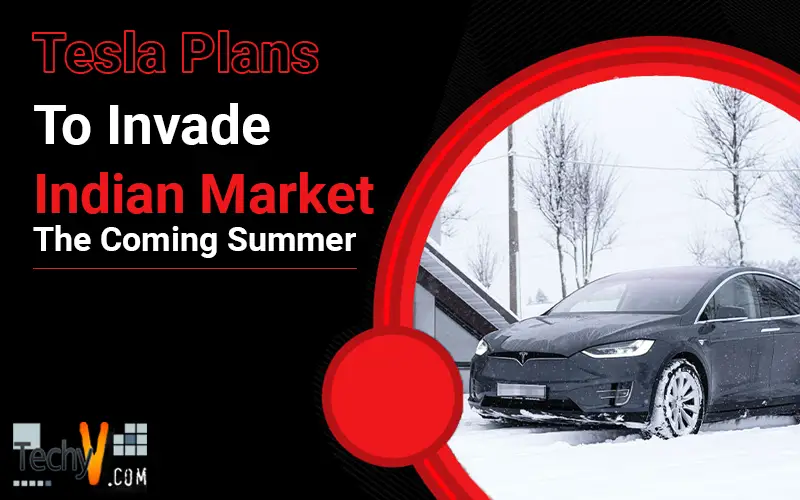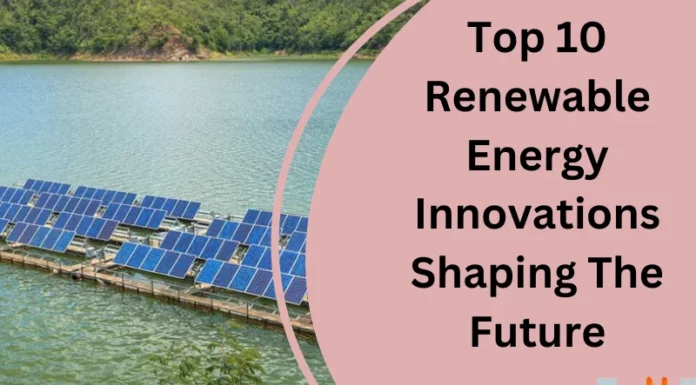Nitin Gadkari, the current Minister of Road Transport and Shipping and Highways in India, last year visited the Tesla factory in San Francisco, USA, to meet Elon Musk, the Tesla CEO. To promote pollution free road transport in India, Gadkari put forward an offer to Tesla Motors to promote a joint venture with Indian automobile companies. Following the proposal, Gadkari even offered Tesla Motors Indian lands for Tesla manufacturing hub, with accessibility to ports for exporting their vehicles.
According to the news released by the government, Musk accepted the offer and admitted to the need to develop manufacturing hub in places outside the United States, and considered India for a suitable place to do so. India has the capability to provide a suitable market for the next generation of Tesla low cost sustainable electric car models.
Even India’s Prime Minister Narendra Modi visited Tesla factories in San Jose and expressed his keen interest in implementing the ground breaking technologies used by Tesla, especially in the field of renewable energy in the Indian market.
The offer made by Gadkari has not seen any confirmation from Musk’s side, until recently. In response to a question regarding Tesla’s plans to launch its motor cars in India, Musk tweeted that he is highly hopeful for invading the Indian market this coming summer.
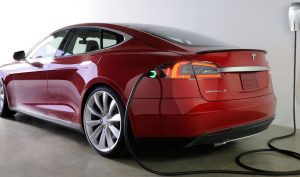
Tesla has seen advanced bookings for their car models from Indian customers before. Earlier, Dharmesh Mehta, the managing director and CEO of Axis Capital Ltd., had ordered the latest Tesla Model 3 in July 0f 2016. The production of Tesla Model 3 cars will start towards the end of 2017 and will be delivered to Mehta in Mumbai afterward. The car can reach a speed of 60 miles per hour in just 6 seconds, have a range of 346Km on a single charge, and is priced at around $35000 to increase its affordability in the Indian market. However recently it came to light that the car will not get a 100kWh battery, which is albeit a disappointment to the Tesla fans who were expecting a larger battery.
Musk has informed that the Tesla Model 3 would be sold in some of the new markets which include that of India, New Zealand, Singapore, South Africa and Brazil.
What will it be like for Tesla to invade Asian Market?
When most of the attempts failed to introduce green power in the market failed, Tesla set a benchmark in this field by bringing about the first successful electric car to common mass in the year 2010. Since the first launch of the car, the company has tasted grand success in the US and Europe market, which led Musk to think about launching the automobile in Asian market too. In 2010, Tesla began operations in Aoyama, a town in Japan, and it spread to Osaka later on. In the next year, Hong Kong was chosen to be the destination for the automobile company. Finally, Tesla began marketing in China in the year 2014, where they sold the Tesla Model S Sedan and the Tesla Model X SUV. Following its success story in every country it marketed in, it is evident that the company’s next target could be India. India has many luxury car consumers and not spreading the business to India will be a huge mistake for the company.
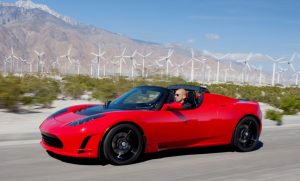
What are the scopes in India?
No doubt India has a huge market for luxury cars. However, Tesla does not position its automobiles as exclusively luxury models. The cost of Model S series cars of Tesla will be almost equal or maybe higher than most of the luxury cars that wealthy Indians choose to buy. However Indian consumers take brands very seriously, which is marked by the success of Audi, BMW, and Mercedes-Benz luxury cars in spite of the steep price tags.
Challenges to face
While there will be plenty of buyers who will get attracted to the new brand (Tesla), the fact is that these are the people who already own several cars in their garage. Buying the latest Tesla model will be like trying out the newest gadget.
Musk does have plans to make the car affordable for the average buyers, but the dream has not yet turned in to a reality. Moreover, Tesla cars need a secure and steady infrastructure that is lacking in most of the Indian metropolitans. There will also be extra costs to set up charging stations at important places of the country.
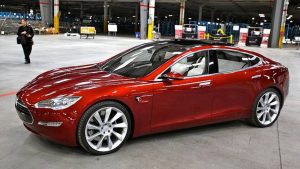
Another obstacle that the company may have to confront is the availability of necessary equipment for the car. Unlike other car brands operating in India, Tesla motors operate as an OEM or Original Equipment Manufacturer i.e. in the case of any malfunctioning, the parts that need to be replaced can be acquired only from Tesla factories, and construction of such a factory in India is not an easy job.
Another important issue that the Tesla should take into consideration is the tax exemption. The company receives massive tax release in the US for making environment-friendly cars. There are no such terms or rules in India yet. The tax exemption was one of the major reasons why Tesla had to close down its operations in Singapore.
But with the ever-changing Indian political and economic scenario, and with the government taking actions to decrease pollution and fund the green power technologies, Tesla may start its operations in India and may get tax breaks too. Besides, until the company starts functioning in the country for manufacturing affordable electric luxury cars, nothing can be concluded for sure about its performance in the Indian market.



